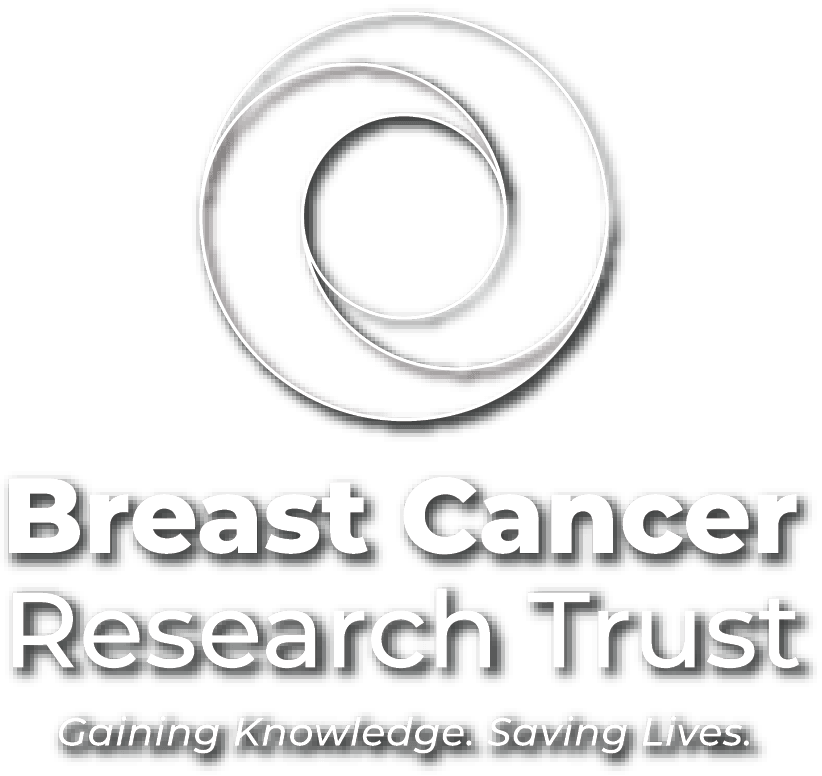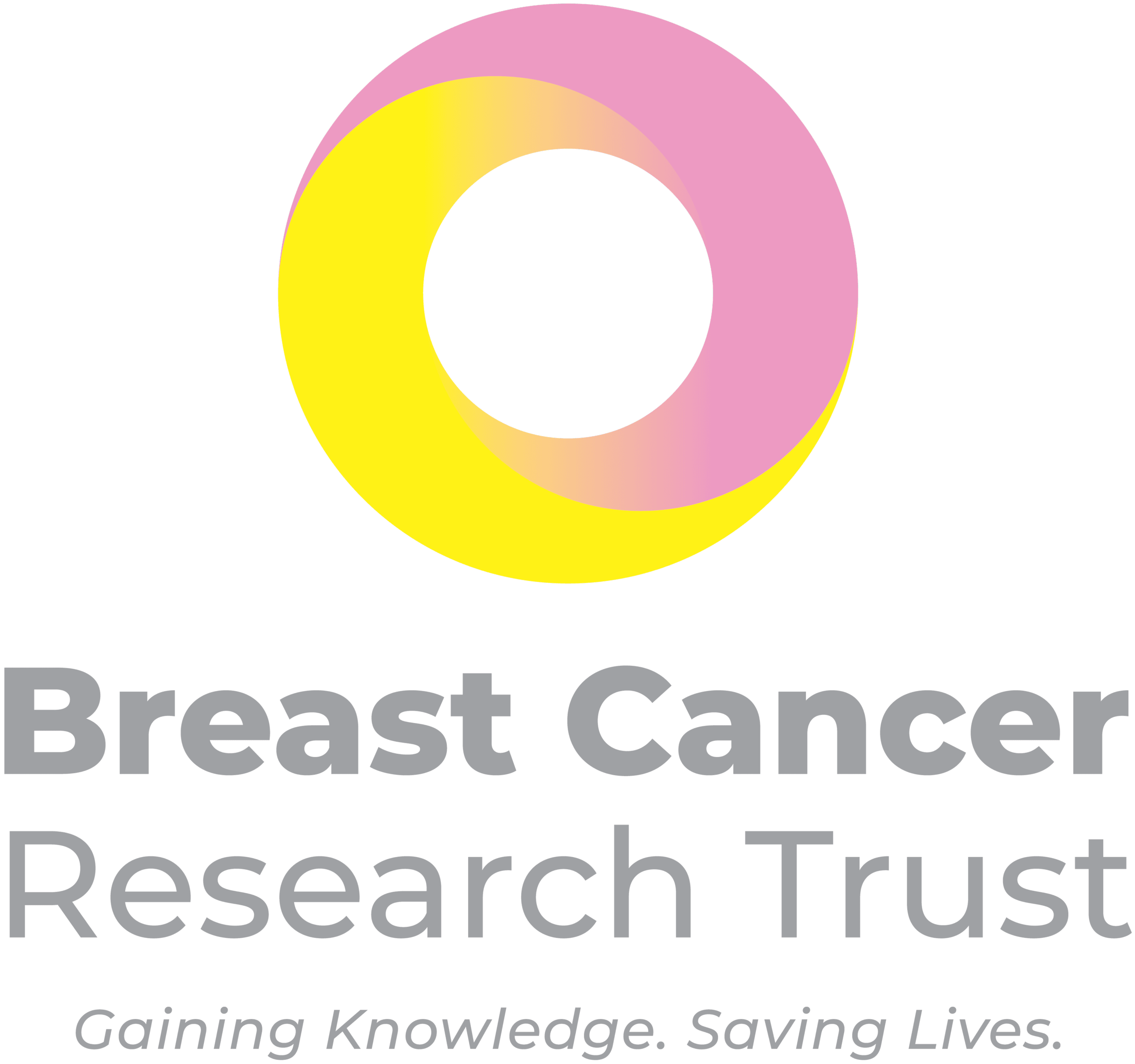
Clinical trials form the link between discoveries made in the cancer research laboratory and making new treatments available for people diagnosed with breast cancer. It is extremely important that all new therapies and procedures associated with any breast cancer care be accurately proven and long-term safety determined before they can be recommended for general or standard use.
What types of clinical trials are there for breast cancer?
Detection or screening trials
Detection or screening trials evaluate the best approach to find a breast cancer in its early stages; for example mammograms (breast x-rays).
Prevention trials
Prevention trials test new approaches such as the use of medicines or changes in lifestyle that may lower the risk of getting certain breast cancers. Some clinical trials will focus on risk factors as these factors can also tell us important information about what might cause breast cancer, providing clues as to who is most at risk and how we might prevent breast cancer from occurring. Risk factors include lifestyle factors, such as alcohol intake and being overweight, however, there are factors that you have no control over (called non-modifiable risk factors), which may affect your breast cancer risk – such as being a woman, getting older, and having a family history of the disease.
Some people with multiple close relatives diagnosed with breast (or ovarian) cancer have inherited a BRCA gene mutation. This means they are at very high risk for breast cancer.
Women at high risk for developing breast cancer have the options of lifestyle changes, regular breast screening, preventative mastectomy or medical prevention for managing their risk.
Treatment trials
Treatment trials test new therapies or new applications for existing therapies to improve a patient’s outcome. Treatments include drugs such as chemotherapy or hormonal treatments, radiotherapy, and surgical techniques. Counselling and psychological support or ways of providing better communication are also part of treatment trials.
The BCRT have participated in treatment trials investigating the use booklets called ‘decision aids’ to help with better communication of clinical trial and treatment information. At the time of breast cancer diagnosis and planning of treatment, there is a lot of detailed information for women and their whānau/family to understand.
Breast cancer is not just one disease, there are many different types. In addition to finding treatment options for different sub-types of breast cancer, some of the other major clinical challenges include trying to find ways to reduce the side effects of treatments that can often severely impact the quality of life of people with breast cancer, and finding alternative treatments for when breast cancer develops resistance.
What are the different phases of clinical trials?
Clinical trials are generally conducted in four phases. Each phase is designed to answer certain scientific questions.

Phase 1 Trial
Phase 1 clinical trials are conducted to test a new biomedical intervention for the first time in a small group of people (around 20-50 people) to evaluate the safety and side effects of the new treatment or intervention. Phase 1 trials are not randomised.

Phase 2 Trial
If the treatment or intervention is proven successful in phase one, it is moved to a phase 2 study and tested in a larger group of people (several hundred) to determine how effective it is and to further evaluate its safety.

Phase 3 Trial
Phase 3 clinical trials compare new treatments with the best currently available treatment (standard treatment). Phase 3 clinical trials study the effectiveness of a treatment or intervention in large groups of people (several hundred to several thousand). It looks at which treatments work best for the disease, how the treatment affects quality of life and learns more about side effects. A phase 3 clinical trial could compare the standard treatment with a new treatment, a different dose of the same treatment or a different way of giving the same treatment.

Phase 4 Trial
A phase 4 clinical trial is conducted after the new treatment or intervention has been marketed and approved. A phase 4 clinical trial aims to learn more about the side effects and safety of the new treatment, the long-term risks and benefits of the new treatment and how effective the treatment is when used in the general population over a longer period of time.



